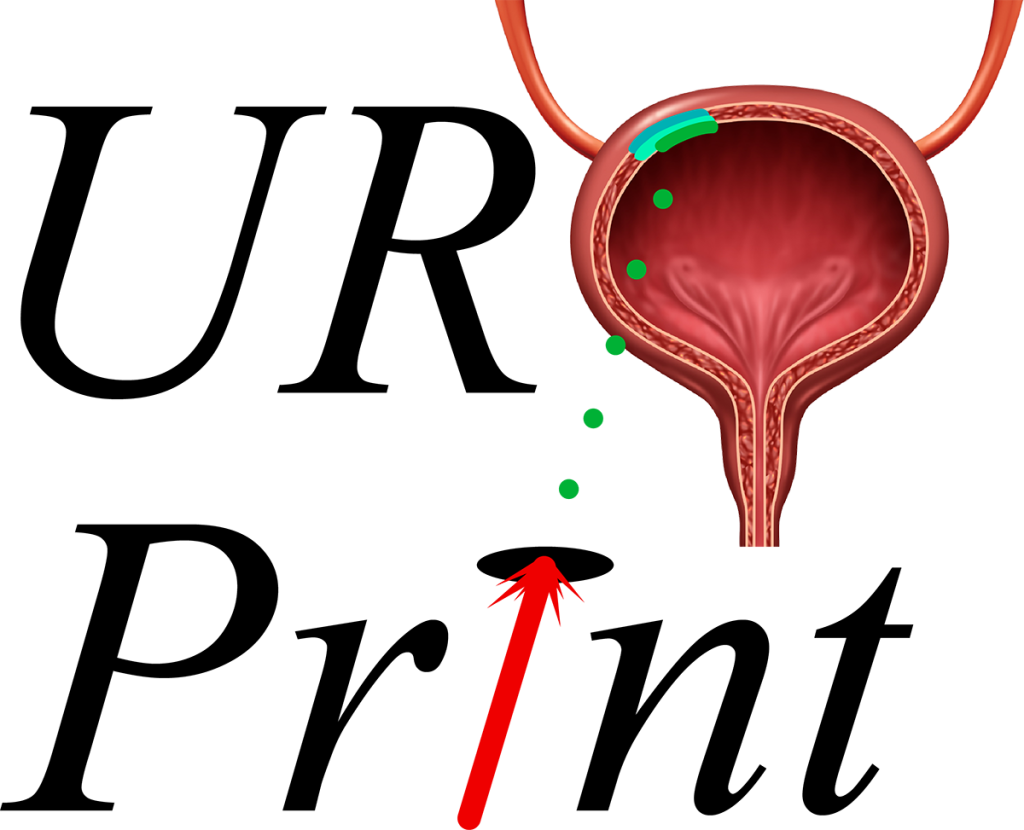Uroprint
A number of conditions, including trauma, inflammation, incontinence, overactive bladder, renal impairments, neurological disorders (like spinal cord injury or spina bifida) and cancer, require bladder augmentation. For almost a century now, the majority of cystoplasties utilize bowel segments (enterocystoplasty). This, almost a century years old, gold standard practice bears numerous risks and complications affecting the majority of patients, thus compromising the quality of life while burdening the health care systems. This has fuelled efforts towards the development of engineered bladder tissue. Advancements in bioprinting technologies are increasingly employed in regenerative medicine but mostly in smaller and less complicated tissues. UroPrint proposes the use of Laser Induced Forward Transfer (LIFT) to generate bladder tissue for autologous transplantation that would meet the biological, mechanical and functional properties of human bladder. To this end, primary urothelial and smooth muscle cells will be obtained from healthy donors and expanded in fully Good Medical Practice compliant methodologies. These will be combined with novel natural autologous scaffold material obtained from platelet lysates. Then, a novel approach in the generation of bladder transplant will be utilized, combining intestine denudation and in vivo printing during surgery using a novel prototype LIFT printer that achieved high spatial resolution (<10 μm), high cell viability (>95%) single-urothelial cells.
Project webpage Open project webpage Start year 01/09/2021 End year 31/08/2025 ID ID: 964883 iBB Role Partner iBB Budget 400 935,00 € Research Group SCERG PI Cláudia Lobato Project Partners BRFAA - Biomedical Research Foundation Academy Of Athens (Coord.), ICCS- Institute of Communication and Computer Systems, Optics11 BV, METATISSUE Biosolutions Lda, Asphalion SL Status Closed Funding European Commission


